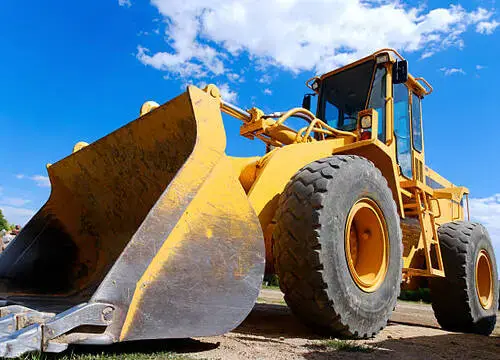
Case Studies in Successful Hydraulic Directional Control Valve Applications
2024-06-25Hydraulic directional control valves are crucial components in various hydraulic systems, playing a key role in controlling the flow and direction of hydraulic fluid. In this blog post, we will explore several case studies that demonstrate successful applications of hydraulic directional control valves in different industries.
Case Study 1: Construction Machinery
In the construction machinery industry, hydraulic directional control valves are widely used in excavators, bulldozers, and other heavy equipment. These valves are responsible for controlling the movement of hydraulic cylinders, allowing the machinery to perform tasks such as lifting, digging, and pushing. By utilizing high-quality directional control valves, construction machinery manufacturers have been able to improve the efficiency and performance of their equipment, leading to higher productivity and lower maintenance costs.
Case Study 2: Agricultural Equipment
Agricultural equipment, such as tractors and harvesters, rely on hydraulic systems to power various functions, including steering, lifting, and implement control. Hydraulic directional control valves are essential in these systems, enabling precise and reliable operation of hydraulic actuators. Through the use of advanced directional control valves, agricultural equipment manufacturers have been able to enhance the maneuverability and productivity of their machines, resulting in improved crop yields and reduced fuel consumption.
Case Study 3: Manufacturing Automation
In the manufacturing industry, automation plays a critical role in improving productivity and efficiency. Hydraulic directional control valves are integral components in automated machinery, providing precise control over the movement of robotic arms, conveyor systems, and other equipment. By integrating sophisticated directional control valves into their automation systems, manufacturers have achieved significant gains in production output and quality, while also reducing downtime and operational costs.
Case Study 4: Marine and Offshore Applications
Hydraulic systems are widely utilized in marine and offshore environments for various operations, including steering, lifting, and propulsion. Hydraulic directional control valves are essential for controlling the movement of rudders, cranes, winches, and other critical components on ships and offshore platforms. Through the use of robust directional control valves, marine and offshore operators have been able to ensure safe and reliable operation of their equipment, even in harsh and demanding sea conditions.
Conclusion
The case studies presented above illustrate the diverse and impactful applications of hydraulic directional control valves across different industries. From construction machinery to agricultural equipment, manufacturing automation, and marine/offshore applications, these valves play a vital role in enabling precise and efficient control of hydraulic systems. As technology continues to advance, we can expect further innovations in hydraulic directional control valves, leading to even greater improvements in performance, safety, and sustainability across various industrial sectors.





